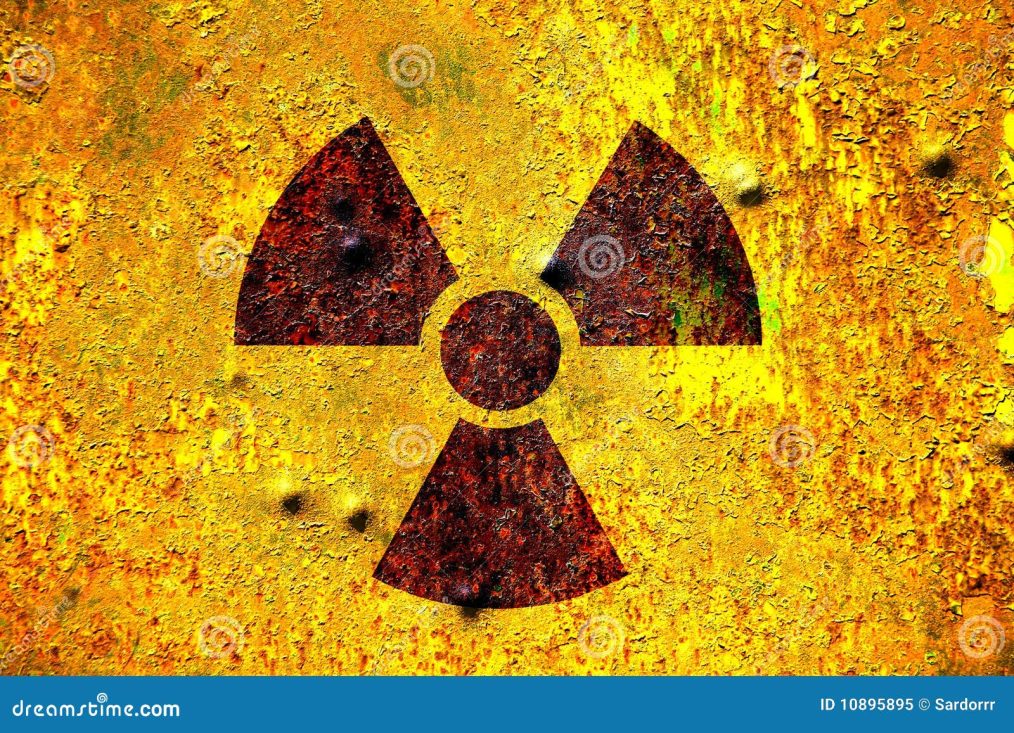
Press Release: Iran Ramps Up Nuclear Enrichment in Response to IAEA Rebuke
Washington, D.C. – November 24, 2024
The Islamic Republic of Iran has announced an expansion of its uranium enrichment program, following a formal censure by the International Atomic Energy Agency (IAEA). The move marks a significant escalation in the ongoing tensions surrounding Iran’s nuclear activities.
Iran plans to activate and deploy a substantial number of advanced centrifuges, increasing its capacity to enrich uranium to higher levels. These modern centrifuges enable the production of highly enriched nuclear fuel, a critical step toward weaponization if pursued.
The IAEA Board of Governors recently voted 19-3 to issue a formal rebuke to Iran for failing to fully cooperate with inspections. In response, Tehran has dismissed the censure as “politicized and destructive,” reaffirming its stance against international pressures it deems unjust.
The ramp-up in enrichment has alarmed Western experts, who warn that this development could heighten regional and global tensions. Analysts note that Iran now possesses sufficient material to potentially produce multiple nuclear weapons.
Iran’s deputy foreign minister has issued a stark warning, suggesting that Tehran may withdraw from the Treaty on the Non-Proliferation of Nuclear Weapons (NPT) if faced with further sanctions.
While Tehran continues to assert that its nuclear program is intended solely for peaceful purposes, the enrichment of uranium to 60 percent—near weapon-grade levels—has raised significant concerns. Civilian nuclear reactors typically require uranium enriched to only 5 percent, while 90 percent enrichment is necessary for nuclear weapons.
This latest development comes in the context of a long-standing international impasse over Iran’s nuclear ambitions. The 2015 Joint Comprehensive Plan of Action (JCPOA), which limited Iran’s enrichment activities, fell apart in 2018 following the United States’ unilateral withdrawal. Since then, Iran has steadily increased its nuclear activities.
The U.S. government, along with its allies, continues to monitor the situation closely. Iran’s actions pose critical questions about the effectiveness of international diplomatic tools and sanctions in addressing nuclear proliferation. As Tehran resists external pressures, the global community faces the challenge of navigating a path toward de-escalation and stability in the region.
For inquiries, contact:
Office of International Affairs
U.S. Department of State
Email: press_office@state.gov
Phone: (202) 555-0123



